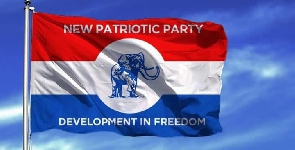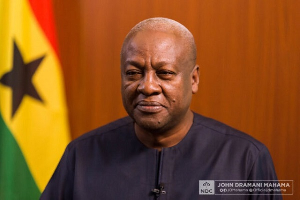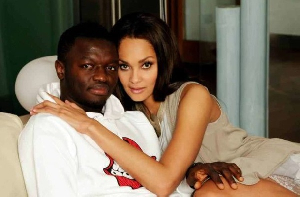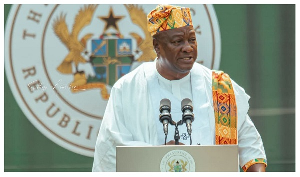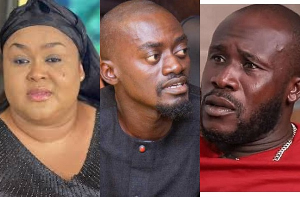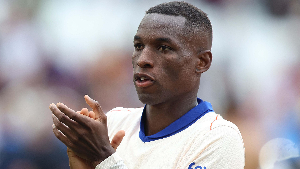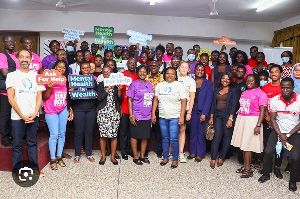After more than six decades of independence, Ghana has undergone significant
political transitions, with the fourth republic being the longest democratic
dispensation the country has ever had.
Despite this, the country's economic and developmental growth has not kept up with the pace of democratic longevity. Ghana finds itself at a crossroads, confused about which direction to follow.
The country has declared itself bankrupt, defaulting on both domestic and foreign debts, for the first time in its history. The current administration, led by Nana Addo Dankwa Akufo-Addo and his NPP party, has failed to deliver the transformational agenda that they promised, despite the electorate and civic society at large having faith in them.
The race for the NPP presidential primaries for the incumbent is heating up, with many names being thrown into the hat, including Dr. Mahamudu Bawumia, Ing.
Kwabena Adjei Agyapong, Alan Kyeremanten, Dr. Afriyie Akoto, and Kennedy
Ohene Agyapong. Kennedy Agyapong seems to be standing out, whipping up a lot
of youthful enthusiasts with his open and aggressive stance.
However, he is also part of the failed government that claimed 'we have the men' but showed little to no improvement. One question on many people's minds is whether, if Ken or any other person becomes the flag bearer, the same people who have failed the country repeatedly will be used to govern.
Instead of breaking the eight-year cycle of political parties in power, the country's best option would be to vote for another political party or independent candidate beyond the NPP and NDC ping pong. This is the time for all the small parties to actively engage the people to stake their point of a better governance model.
A new force needs to emerge from the ashes of the ruined economy, and the people need to play a crucial role in shaping the political future of the country.
In conclusion, Ghana has gone through significant political transitions since gaining independence over 60 years ago. This is the time to change direction and bring on fresh minds and ideas to help transform the country's fortunes. If this opportunity is missed, it may take much longer to bring another surge of wind for change.
The time to shift the paradigm is now and the youth must play a crucial role in shaping a new political future for the country. The Duopoly must come to an end to help improve the lives of many.
Opinions of Wednesday, 15 March 2023
Columnist: David Aikins-Bekoe





